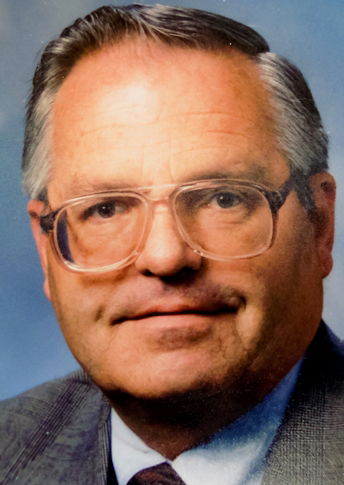Effective Design Control (21 CFR Part 820.30)
Faculty: John E. Lincoln | Code: MD1988
- Date:02/01/2023 11:00 AM - 02/01/2023 12:30 PM
- Location Online Event
Description
The FDA expects companies to perform meaningful, results driven Design Control activities as defined in in 21 CR 820.30, for both new and changed devices. ISO 13485:2016 now requires the same 10 elements under 7.3 Design and Development Planning. The company is held fully responsible for deciding when to start and the specific documentation to meet the 10 requirements. Beyond compliance, these 10 elements can be a powerful tool in reducing “time to market” / “fast cycle” product development.
In addition, growing high-profile field problems indicate that design control and it’s effect on regulatory review activities are not yet fully utilizing the power of current risk management tools, which must be a part of the design control process — the ISO 14971 “model”. A growing push by the Agency to strengthen the 510(k) process, and review existing devices with above normal adverse events are additional concerns, to be factored into the design control process.
The resulting documentation can have other far-reaching uses in a company. Proper design control requires a defined “start” date, and the systematic / SOP-defined implementation of formal methods with documented, and defensible, rationale. When properly executed, it is a powerful product development project management tool.
Areas Covered in the Session :
- Current Design Control Requirements
- Defining the “Start” Date and Its Significance
- The 10 Design Control Elements
- Implementation and Documentation
- The Design History File (DHF)
- Their Implementation and Documentation
- Their Implementation and Documentation
- The Business Case for Design Control
Who Should Attend:
- Senior Management
- Middle Management
- Quality Assurance Departments
- Regulatory Affairs Departments
- R&D Departments
- Operations Departments
- Production Departments
- Manufacturing Departments
- Engineering Departments
- Marketing Departments
- Medical Device Consultants
Course Director: JOHN E. LINCOLN
 | John E. Lincoln, is Principal of J. E. Lincoln and Associates LLC, a consulting company with over 36 years experience in U.S. FDA-regulated industries, 22 of which are as an independent consultant. John has worked with companies from start-up to Fortune 100, in the U.S., Mexico, Canada, France, Germany, Sweden, China and Taiwan. He specializes in quality assurance, regulatory affairs, QMS problem remediation and FDA responses, new / changed product 510(k)s, process / product / equipment QMS and software validations, ISO 14971 product risk management files / reports, Design Control / Design History Files, Technical Files, CAPA systems and analysis. He’s held positions in Manufacturing Engineering, QA, QAE, Regulatory Affairs, to the level of Director and VP (R&D). In addition, John has prior experience in military, government, electronics, and aerospace. He has published numerous articles in peer reviewed journals, conducted workshops and webinars worldwide on CAPA, 510(k)s, risk analysis / management, FDA / GMP audits, validation, root cause analysis, and others. He writes a recurring column for the Journal of Validation Technology. John is a graduate of UCLA. |